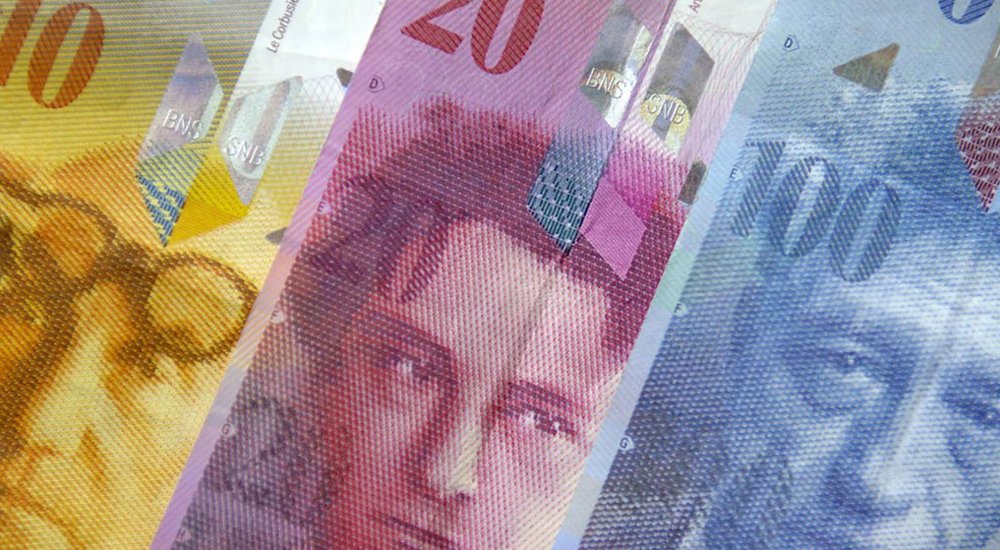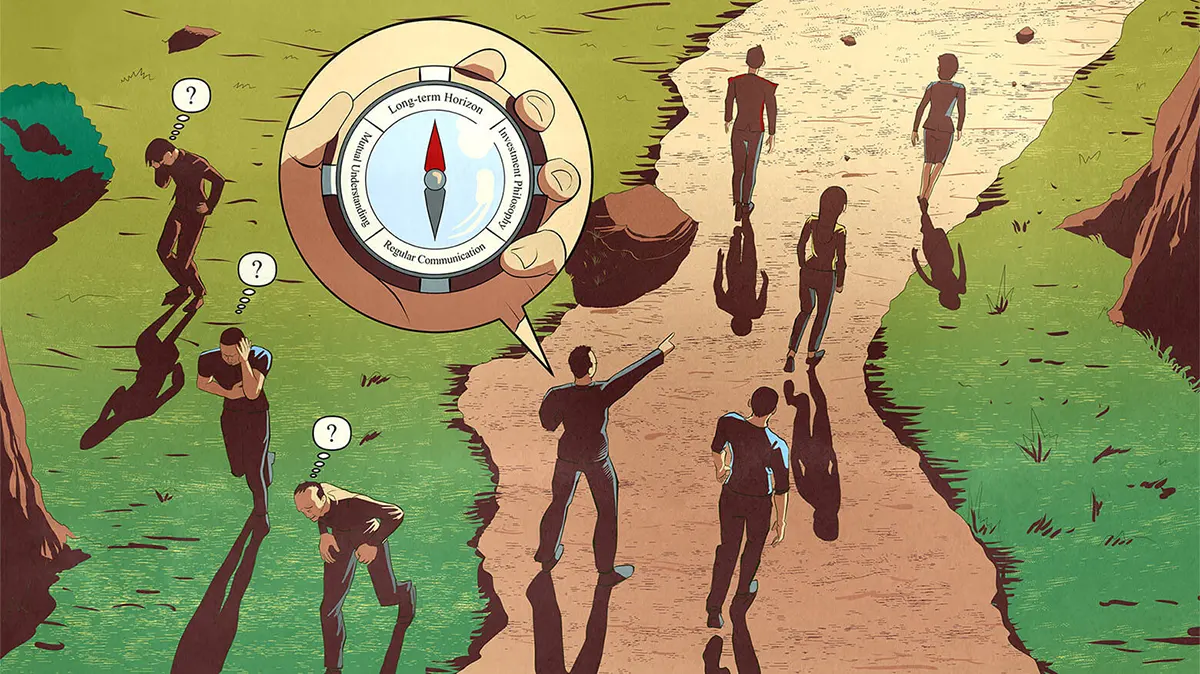Has the DNA of the global economy been gradually altered by endless injections of quantitative easing, morphing it into a freakish mutant? Are things that are not supposed to happen for centuries on end going to become common occurrences? The collapse of oil prices and jump in the Swiss franc have forced me to puzzle over these weighty questions. In isolation, these events and the direction of their moves did not worry me, but their magnitude, velocity and proximity to each other sent me on an intellectual quest.
Let’s start with oil. Supply has been increasing due to growth in shale oil production in the U.S., and that increase along with a stronger dollar drove oil prices lower (since oil is priced in dollars). Additionally, demand for oil has weakened in the developed markets as vehicles have become more fuel-efficient. However, none of these things are new. You can also blame the fall in oil prices on OPEC and its unwillingness to lower production, but what is now an obvious decline was not obvious six months ago. Oil prices have sunk more than 50 percent in less than five months, and this happened not during a financial crisis but in a (supposedly) stable global economy where most economies are growing.
Now let’s place these events in the context of the current environment. Ultralow global interest rates have pushed all market participants into riskier assets. For instance, investors who in the past could tolerate only the risk of high-quality, short-duration Treasury bonds are now gulping long-duration junk bonds as if they were default-free Treasuries. In addition, low interest rates are also pushing investors into using more leverage. This point is now more important than ever. Volatility and leverage are not friends. Crucially, we don’t know where all the leverage is buried and will only find out after the fact.
So far, corporate defaults are de minimis — but that won’t last forever. In other words, investors to date have only reaped the benefits of owning riskier assets but have not suffered from the “risky” part of that theme. But suffering will come, unless you believe that QE injections have miraculously modified the laws of financial gravity so that by taking more risk you simply get ever-higher returns.
If you are waiting for Wall Street economists or strategists to warn you about impending risks, don’t hold your breath — none of them were forecasting $50 oil prices a year ago. Oil production and the global economy as a whole did not fundamentally change in 2014, but oil now costs half as much as it did a year ago. The lesson we should learn from the oil price decline is that risks can develop fast in places we don’t expect them, and they may only be obvious in hindsight.
Now let’s talk about the Swiss franc, which jumped 16 percent in one day when the Swiss National Bank decided it couldn’t afford to go on losing billions of francs month after month, desperately trying to keep its currency down in relation to the euro and dollar. Instead, it opted to pass the burden of losses on to investors looking for a safe harbor in the Swiss franc, by imposing negative interest rates on deposits.
Let’s expand on this fact for a second: Today, if you buy bonds issued by the Swiss government, you’ll pay interest for the privilege of holding your hard-earned savings in the Swiss currency. Normally, governments pay you — the investor — for your consideration in investing in their bonds. But for the Swiss these are not normal times.









0 comments